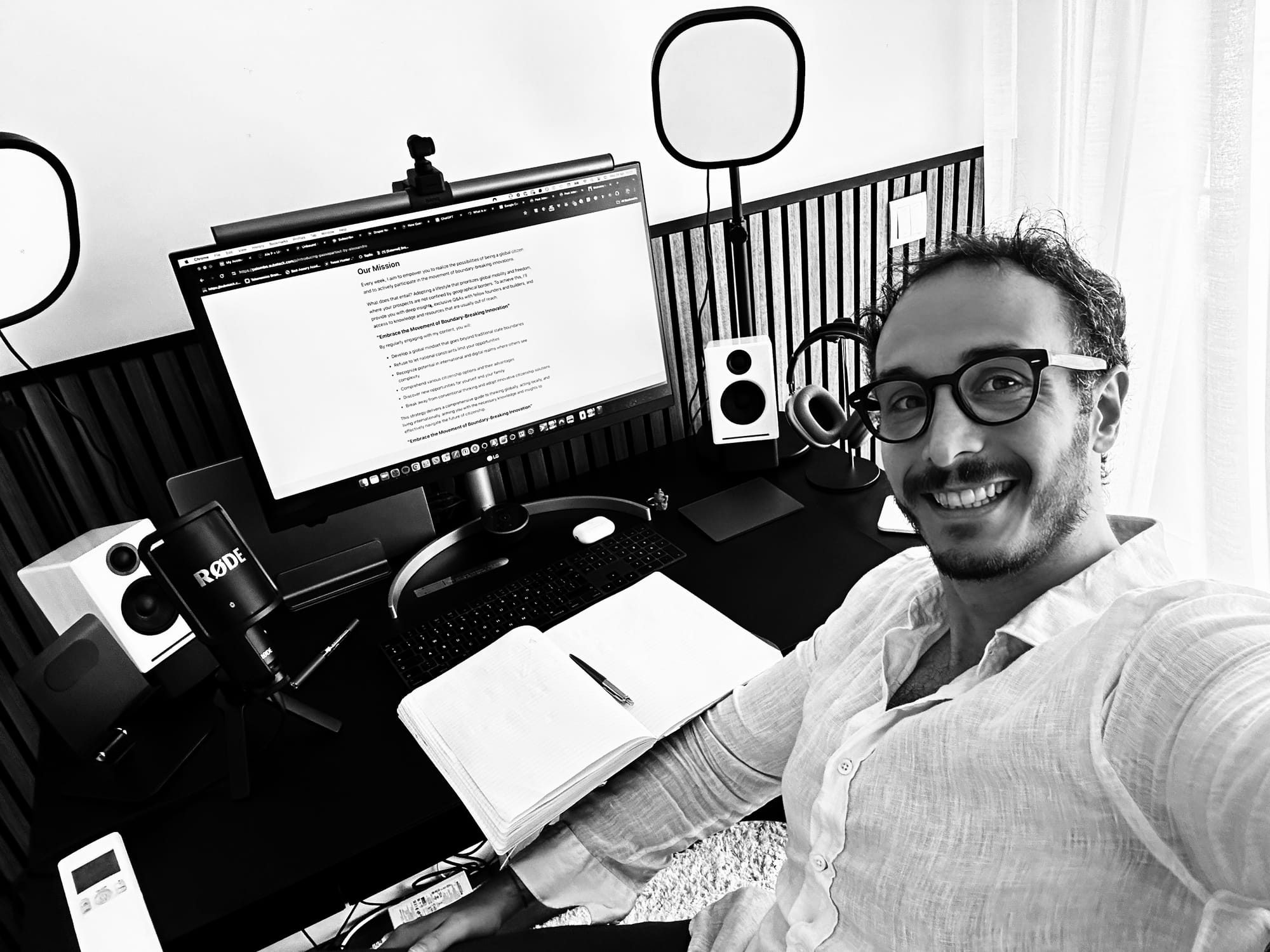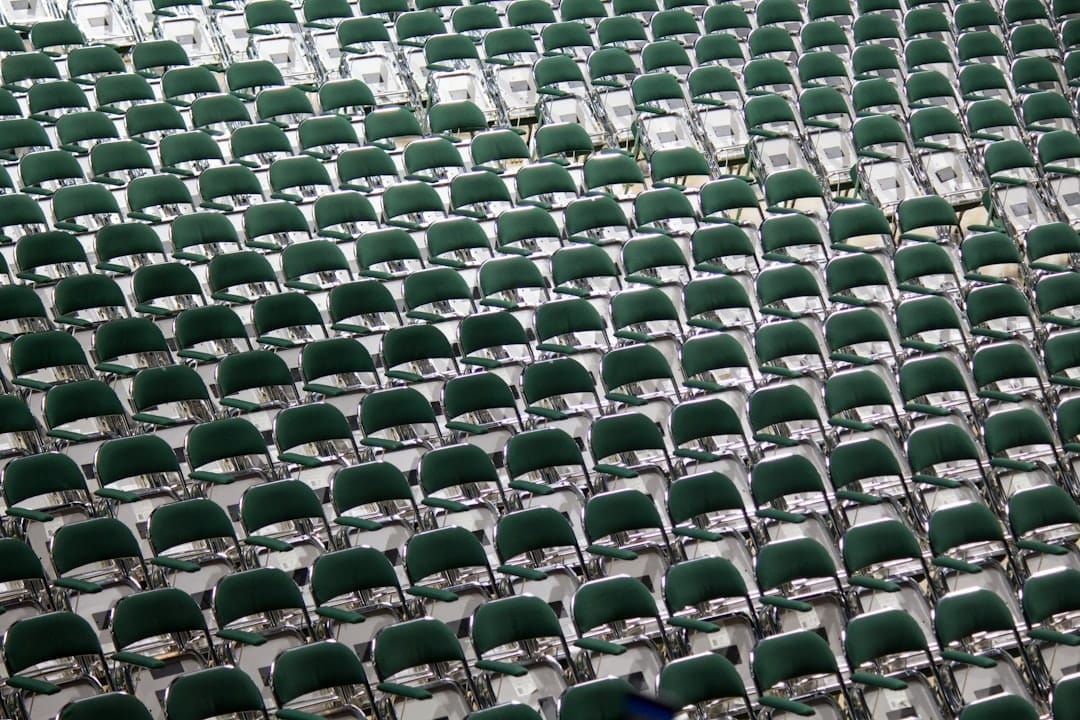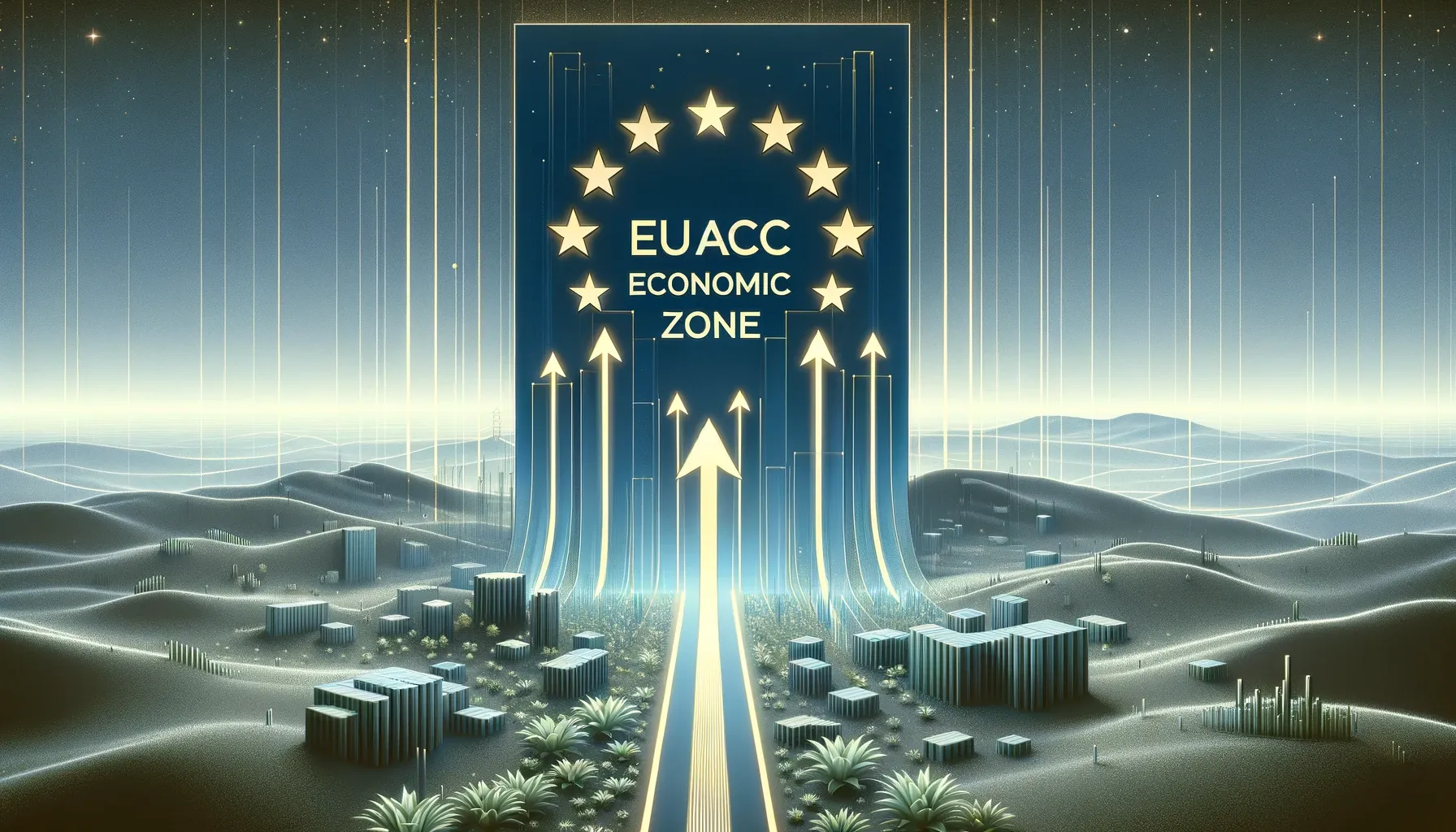Meet Riccardo Zacconi. He sold his company, King.com in 2016 for $5.6B
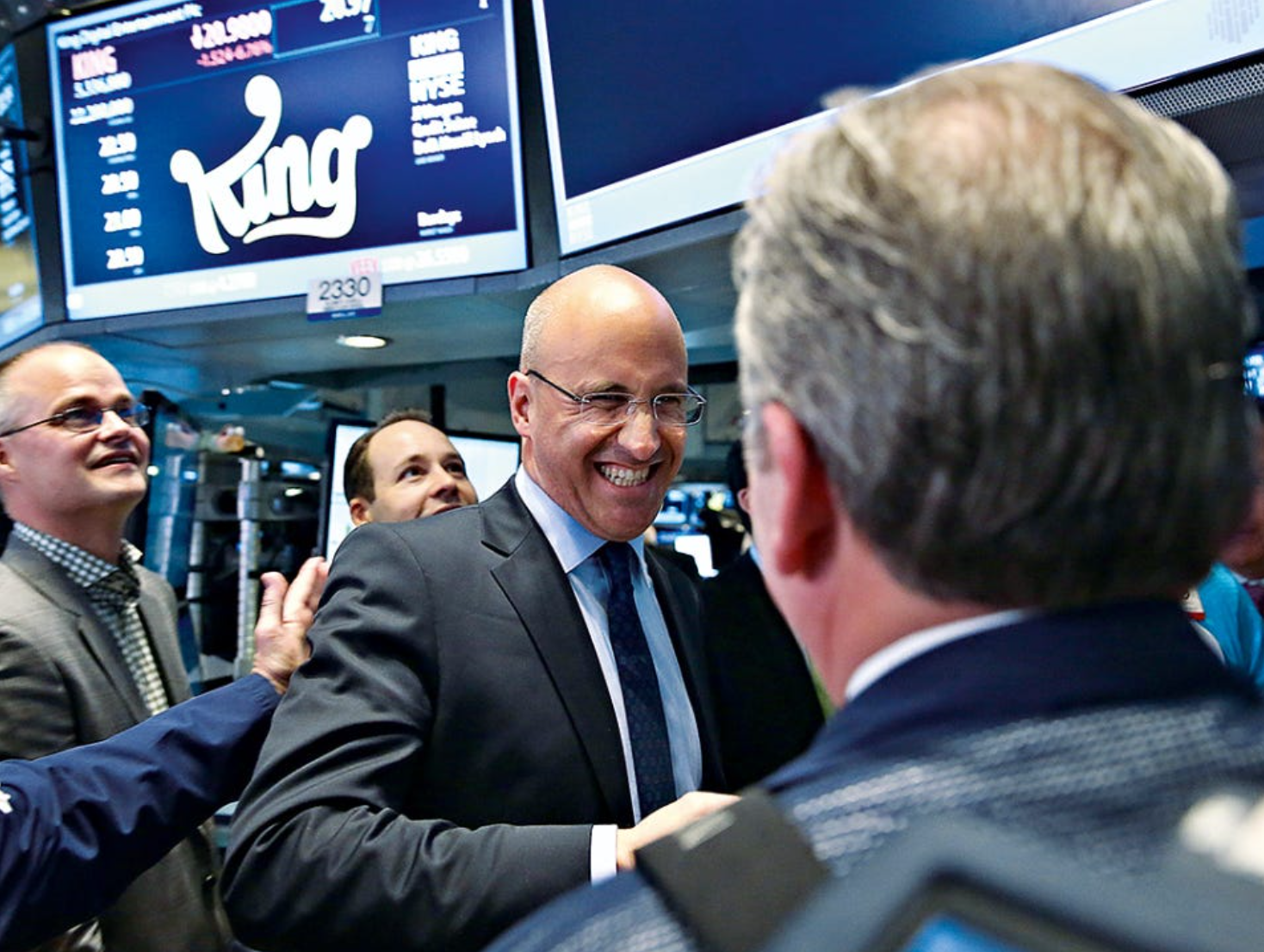
This is Riccardo Zacconi.
He sold his company, King.com, the creator of "Candy Crush Saga," for $5.9 billion in 2016.
The son of an Italian dentist and a Hungarian mother.
Born and bred in Rome, his story is one of the great European stories that deserves to be told more often.
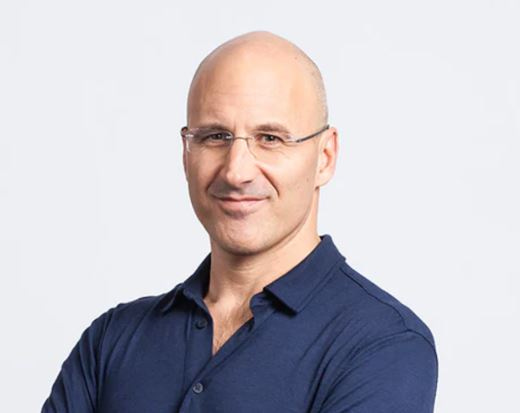
In 2003, he invested all his money in his company, sold his car, left his rented house, and moved into the guest bedroom of his friend's home. He stayed there for 2.5 years. @kingricardoz (427 followers on Twitter) — if any of this data is inaccurate, HMU.
Riccardo grew up in Rome. His father is a dentist, and his mother is of Hungarian origin. She escaped from Hungary in 1956 and arrived in Italy with nothing. He immediately knew he didn't want to pursue the same career as his father. He didn't want to know upfront what he would do for the rest of his life.
He studied economics at Luiss University. Initially, he pursued a career in consultancy, soon after a first experience ending up working at Boston Consulting. It was 1999. Zacconi joined the Swedish start-up Spray (similar to Yahoo). The company expanded from 20 to 900 people in 12 months, part of the dotcom boom - and bust. It was sold to Lycos Europe in September 2000.
Moved to London, Riccardo worked for Benchmark Capital. He ended up soon after oining the team of Udate (online deating). After a few months, the company was sold to match.com. Riccardo made $300,000, with which he was able to fund Midasplayer.
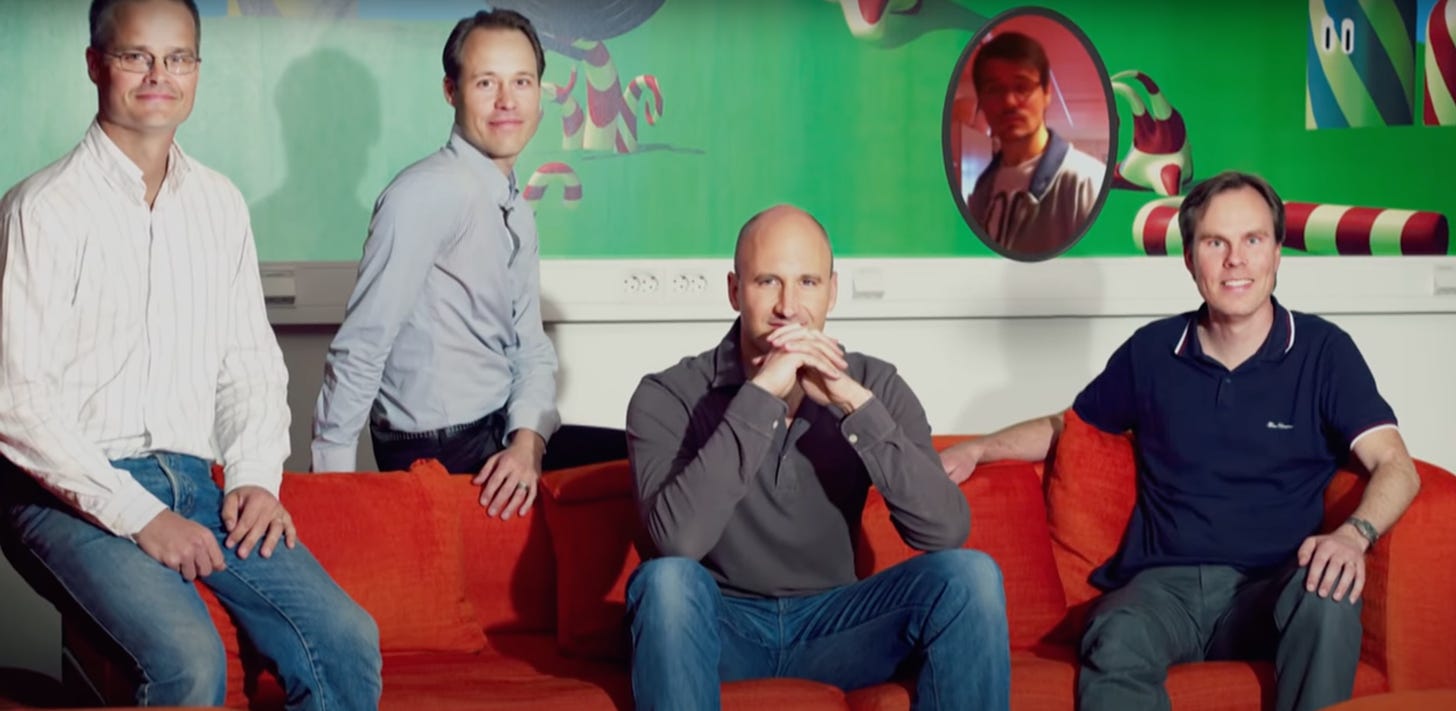
It was the beginning of 2003 when Midasplayer was founded by Riccardo and his co-founders. In August 2003, Riccardo invested the remainder of his money to support the company, as no angel investors were interested. He gave up his rented flat and car, moving into a friend's guest bedroom. All his possessions had to fit into that small bedroom, where he stayed for 2.5 years.
Interesting story: they needed a signed agreement by Christmas Eve 2003 to avoid bankruptcy due to creditors. They were eagerly waiting for a fax (yes, it was still the era of faxes!) from the founder of Udemy, the only one willing to invest. In the late afternoon of Christmas Eve, the letter began to print, but the fax machine broke midway. Fortunately, they were in a shared office and were able to connect another fax machine. Lesson: "Don't save money on hardware, even at an early stage."
They managed to become profitable with that angel investment and later onboarded investors at a $65M valuation in the US—an outstanding achievement. Midasplayer was the original name. Side story: in 2005, there was an English teacher named King who owned king.com. They paid him $200-300K for king.com, an incredibly high amount compared to their capital at that time. They had 250K DAUs at that time. Legend has it that Mr. King still retains his own email as part of the terms of the sale.

Things went well, but a major issue arose in 2009. That year, Facebook changed the game with Farmville, marking the rise of games on Facebook as a significant new trend. This impacted Yahoo heavily, which lost 45% of its users in 12 months. It was a difficult time for King due to excessive competition. They were clearly not going to make it without innovation. They divided the company into two equal parts. The company had a total of approximately 110 employees. Half of the team was tasked with maintaining the company through revenue-generating existing games and experimenting with trying to crack Facebook gaming. Five teams experimented with five concepts in parallel.
It took two and a half years, but in the end, they succeeded. In March 2011, they launched Bubble Saga. Within three months, they had reached 1 million daily active users. This was one of the toughest moments for Riccardo and the team, especially in managing expectations within the team and with the investors' shareholders. Some of them sold their shares before the team succeeded in figuring out how to leverage Facebook.

From there onwards, it was a rapid success. Bubble Witch Saga was followed some time later by Candy Crush in April 2012 on the web, and in November on mobile.
Soon after, another major roadblock emerged, named Zynga. Zynga was the #1 gaming company, holding an 85% market share, a huge gap ahead of others including King.com. Zynga copied a version of Bubble Witch. Riccardo revealed in an interview that he didn't hold a grudge and held the founder of Zynga in high regard, acknowledging how competitive the market is. By the end of November 2012, they released Candy Crush Saga.
They adopted a multi-platform approach, allowing players to start on Facebook and continue on mobile. It was the first time this was possible. Revenues soared from $165 million in 2012 to $1.85 billion, an 11X increase in just 12 months.
In Q1 2013, they invested boldly $100 million+ in marketing. The combination of a great product and effective marketing created exponential growth.
After Candy Crush success, they rapidly doubled the size of the team and pursued an IPO in 2014, resulting in one of the largest European IPOs.

He sold King.com to Activision, Blizzard in 2016 for $5.9 billion. The App has been downloaded over 4 billion times and has remained in the top 10 downloads on the App Store for over 7 years.
As of now, in 2024, Candy Crush is still ranked #11.
Today, Riccardo and his cofounding team support founders by using their own funds at @sweet_capital.

